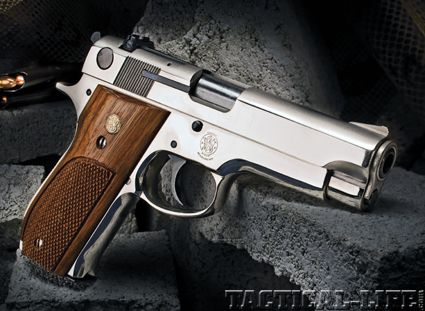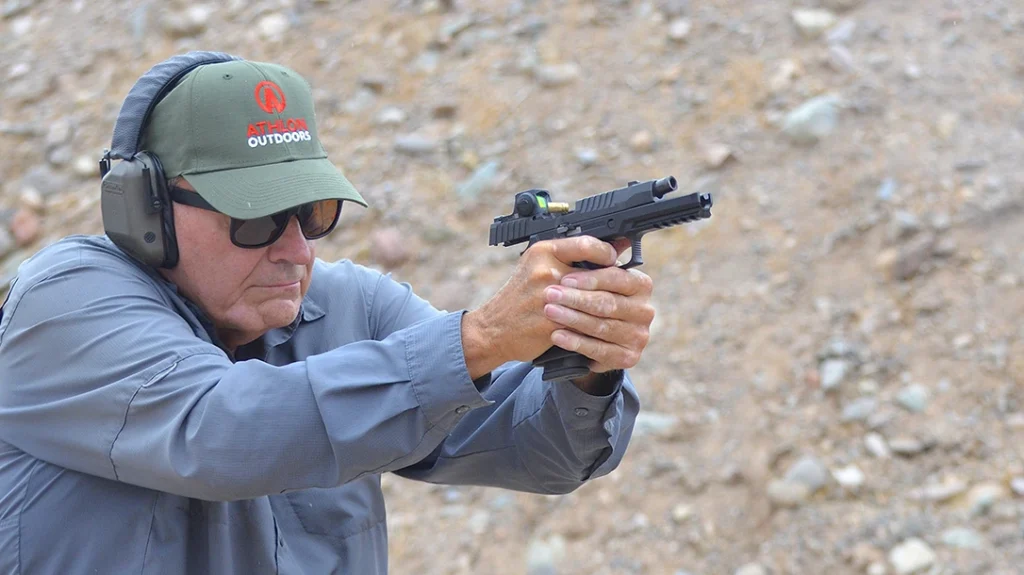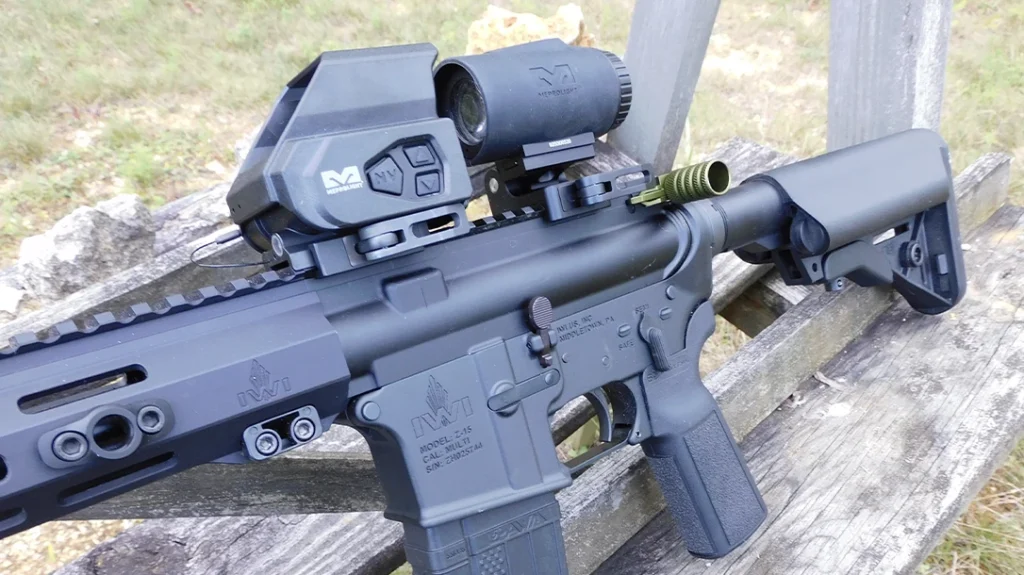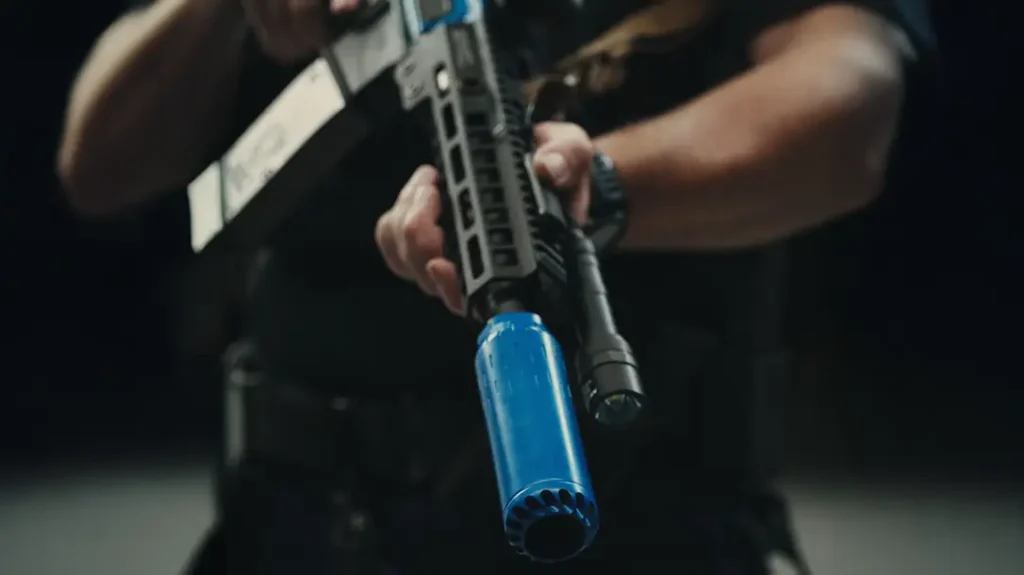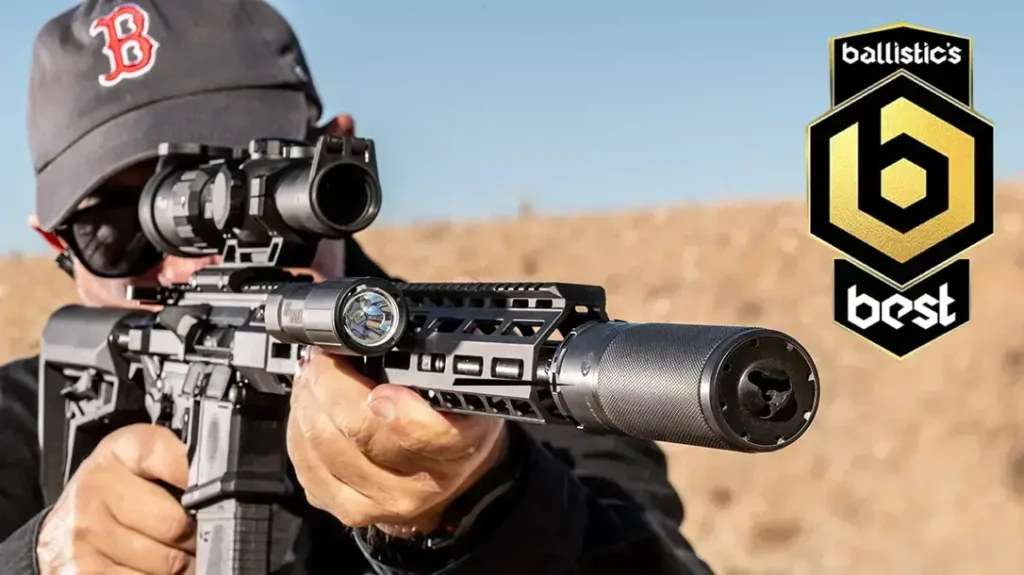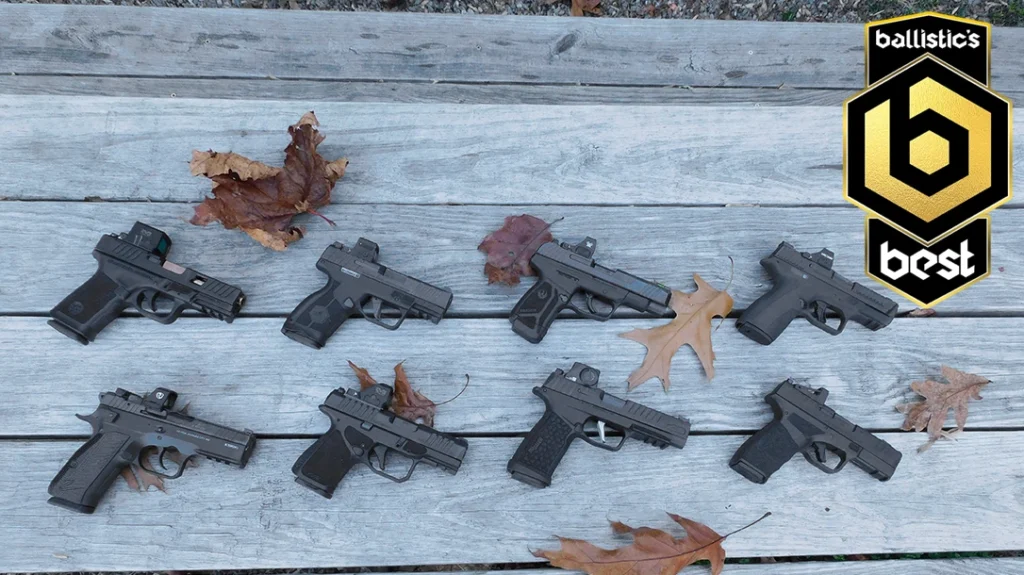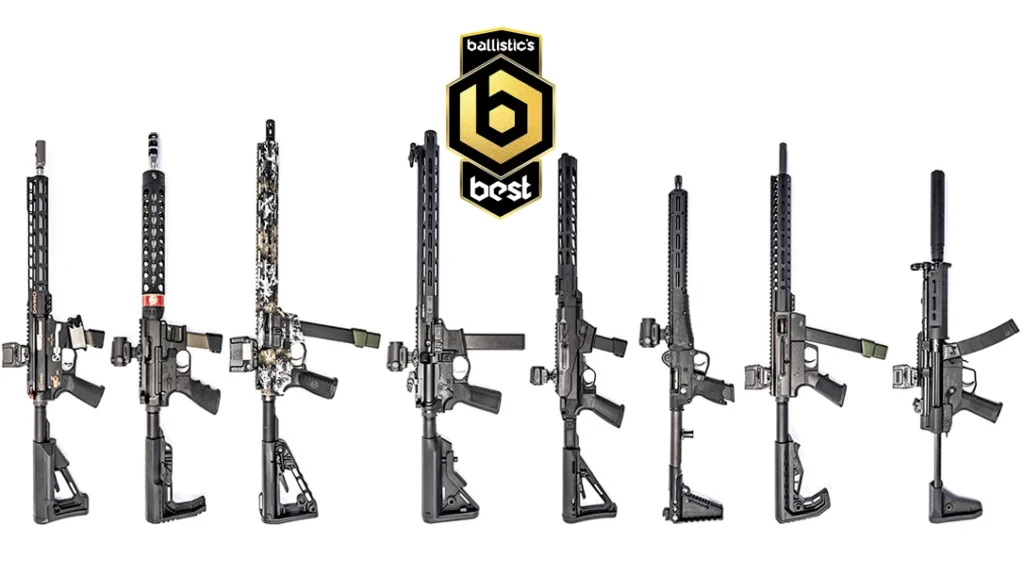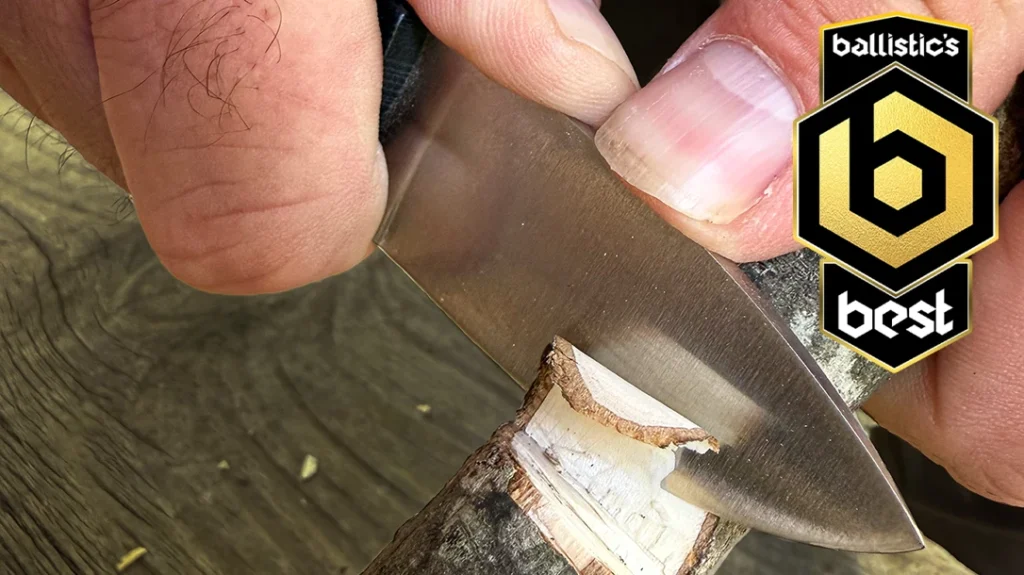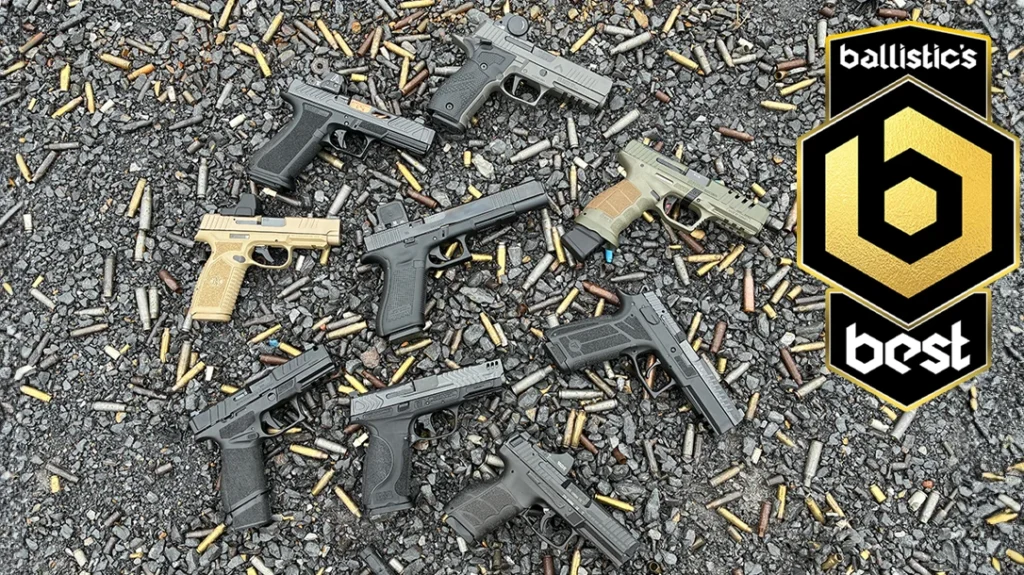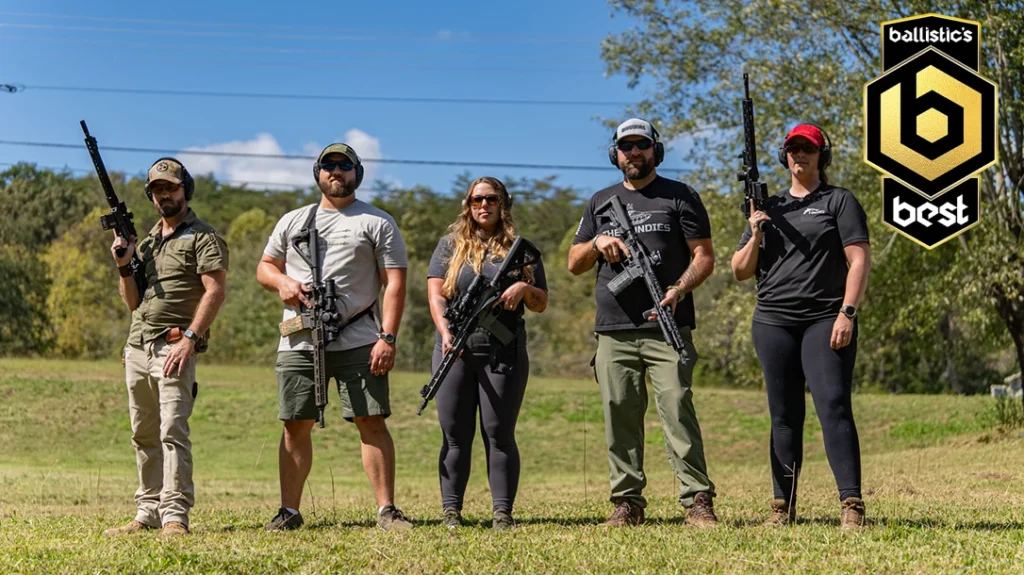The S&W Model 39 represents many “firsts” — the first American-made pistol with a DA/SA trigger, and the first semi-auto pistol adopted by a major American law enforcement agency. George Contorakes Photo
I am fairly certain that when the name “Smith & Wesson” is voiced, most of us who are familiar with firearms envision a revolver. In the 1850s, the company introduced the first American-made metallic cartridge revolver and in 1899 released what would become the most popular revolver of all time—the Military & Police Model 10. They also are credited for some of the most prominent revolver cartridges in American history—the .38 Special, .357 Mag and .44 Mag. The company also helped pioneer the use of high-tech materials such as stainless steel, scandium and titanium in the construction of their handguns.
In the early 20th century, semi-automatic pistols were all the rage and getting most of the attention. While the powers that be in Springfield looked askance upon these developments, from 1913 through 1922 they then offered their Smith & Wesson .35 Automatic Pistol, which turned out to be a commercial failure of monumental proportions. A second pistol, the S&W .32 Automatic Pistol, proved an even more dismal failure and this left a bad taste for many decades.
Advertisement — Continue Reading Below
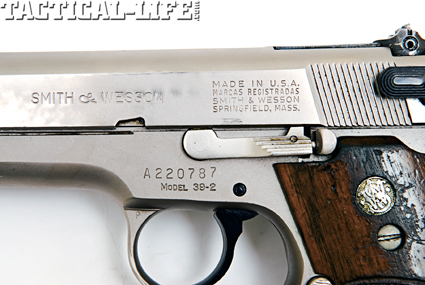
The seasoned Model 39-2 test fired for this article exhibited some degree of wear, but still performed exceptionally well.
Early On
In 1946, S&W president, C.R. Hellstrom made a commitment to modernize the company’s products. At the top of his list was a modern, semi-automatic pistol, utilizing a double-action/single-action (DA/SA) trigger mechanism and chambered for the 9mm cartridge.
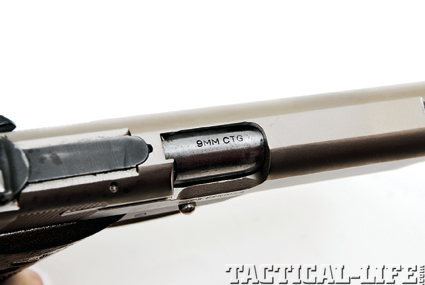
The Model 39’s rear sights were adjustable for windage, while the S&W’s Model 39-2 variant (shown) offered adjustment for elevation.
Advertisement — Continue Reading Below
